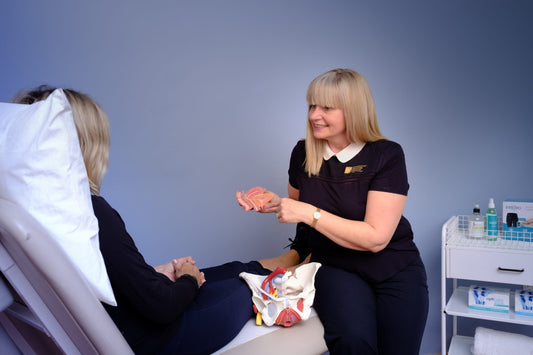It can be difficult to approach the topic on how to navigate menopause and the workplace. As if things weren’t challenging enough during perimenopause and menopause, studies show that symptoms at this time of your life can significantly impact your performance in the workplace.
Ireland’s population is now living longer and working until later in life. So we need to support women to stay well and thrive in the workplace. After all, women aged 50 probably still have another 18 years of working life ahead of them.
It’s not just women we need to consider either. Menopause can further impact male and female colleagues – it’s something that more organisations need to consider and create support systems for
Bosses need to know about it too and should of the direct and indirect effects of menopause.
Collectively, we should all also be aware of ways we can reduce stigma. The more people and companies talk openly about menopause, the more normal it will become. We’ve seen that shift in more recent years regarding discussing mental health and wellbeing in the workplace. There is no reason why this conversation can’t also extend to health issues such as menopause.
Here are a few facts to know on helping you navigate menopause and the workplace.
Why do we need to know about menopause and the workplace?
- Between 2006 and 2016, the employment rate for women in Ireland aged 55-59 increased from 47% to 59%. The rate for women aged 60-64 increased from 31% to 37.5%
- In total, 300,000 women in Ireland aged 45-64 are in employment
- Some industries – including nursing and midwifery – are predominately female
- The HSE says eight out of 10 women experience negative symptoms during perimenopause and menopause
- The average age for a woman to go through menopause is 51
- Symptoms of menopause can last up to 10 years
- Symptoms range from cognitive, physical, and psychological symptoms (for example, hot flushes, muscular aches, poor concentration, anxiety and headaches)
- Numbers don’t exist in Ireland, but around one in 100 women experience menopause before age 40 in the UK, and it’s likely the rate here is similar
- One in four women can experience severe symptoms which impact their daily lives
- A survey in Northern Ireland found that half of the respondents said menopause was treated as a ‘joke’ in their workplace. Some 28% said it was treated negatively.













